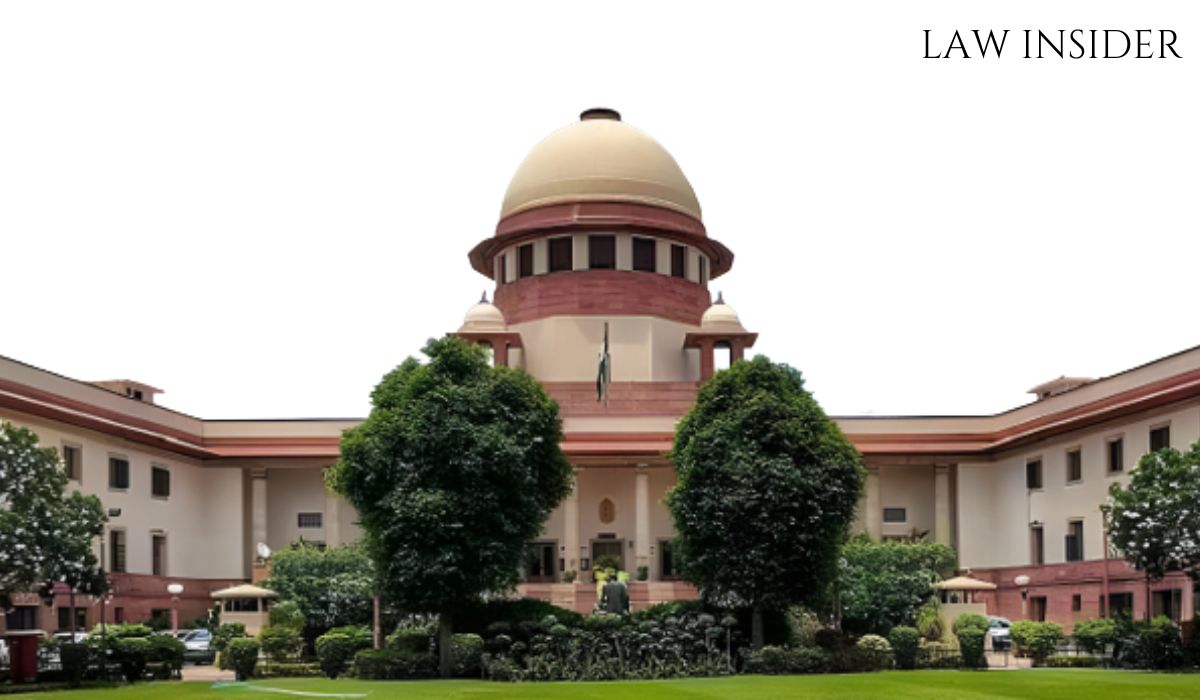LI Network
Published on: 30 July 2023 at 15:40 IST
The Supreme Court recently criticized a decision by the Punjab and Haryana High Court, which declared individuals accused in a criminal case as innocent at the summons stage itself.
Justices CT Ravikumar and Sudhanshu Dhulia, presiding over the case of Sandeep Kumar vs State of Haryana and anr, noted that the High Court had erred in appreciating evidence during this early stage.
The bench found it inappropriate for the High Court to presume the accused’s innocence at the summons stage, as such conclusions should only be drawn after a thorough trial.
The Supreme Court emphasized that the entire purpose of a criminal trial is to uncover the truth of the matter and that evidence should be examined during the trial through witness cross-examination and court scrutiny, not during the Section 319 stage of the Code of Criminal Procedure, as done by the High Court.
The Supreme Court clarified that once a court is satisfied with the evidence indicating an accused’s involvement in an offense, the court can proceed against the person.
However, at the stage of summoning an accused, there must be a prima facie satisfaction of the court.
The case involved three accused who were summoned by a trial court in connection with charges related to an armed break-in, firing of a weapon, and assault.
Although they were named in the criminal complaint, they were not included in the chargesheet.
The informant filed a plea in the trial court to summon the three accused, which the court allowed. However, the High Court later set aside the trial court’s order based on a revision plea filed by one of the accused.
The High Court opined that the accused had been falsely implicated since he had not used a weapon and had fled from the scene.
The Supreme Court disagreed with the High Court’s approach, stating that the trial court was correct in summoning the accused based on the evidence presented.
The Court emphasized that for the offense of unlawful assembly, one simply needs to be part of the assembly, and no specific individual role or action needs to be implicated. The Supreme Court allowed the appeal, directing the three accused to face trial.
Advocates Ram Naresh Yadav, Suryavir, and Sunil Kumar appeared for the informant, Sandeep Kumar. Deputy Advocate General Vishal Mahajan and advocate Monika Gusain represented the Haryana government.
Advocates Shreeyash Uday Lalit, Ishaan George, Raveena Lalit, Abhinav Aggarwal, Krishnagopal Abhay, Runjhun Garg, and Himanshu Vats represented the accused in the case.
The Supreme Court’s ruling reiterates the importance of examining evidence during a trial to determine the truth behind criminal cases.

